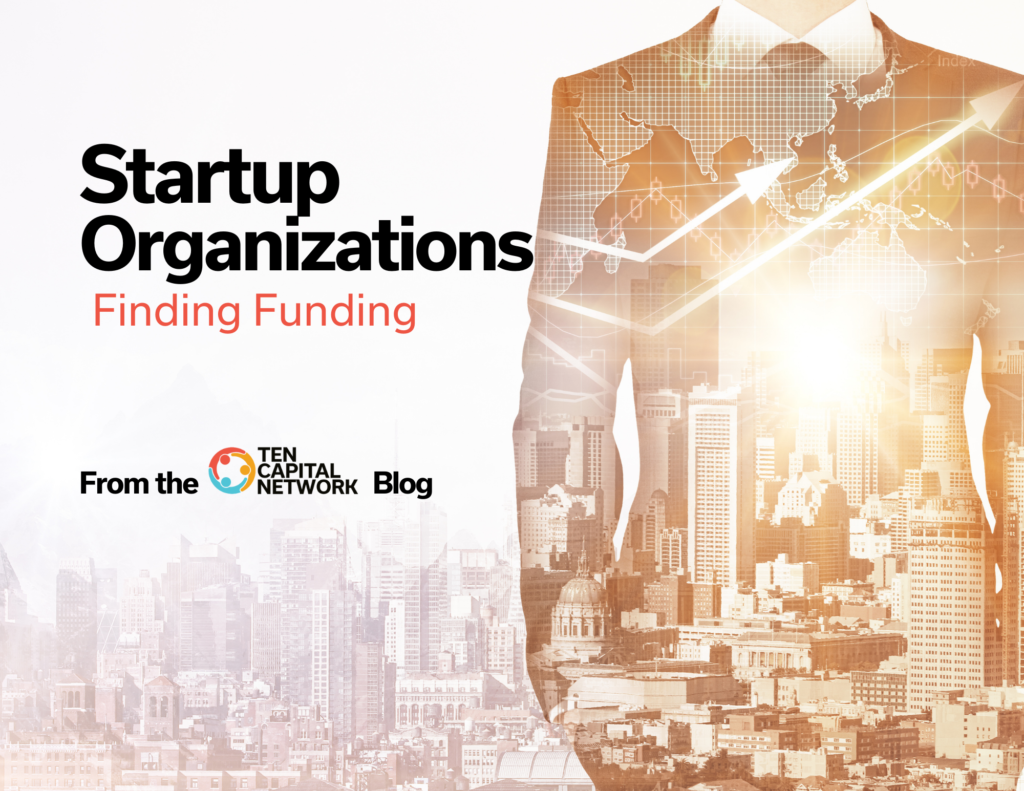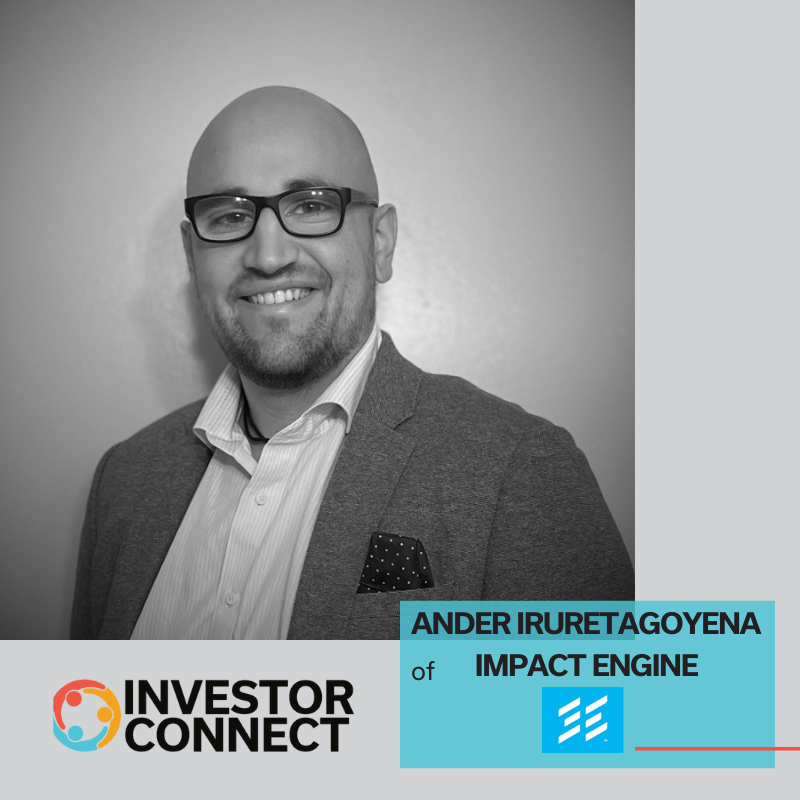How To Plan for an Exit
2 min read At some point, every startup will need to exit the marketplace. Being prepared is key to doing this with success. In this article, we discuss how to plan for an exit and how to prepare for exit negotiations. Planning For an Exit Here are some key steps to take in planning the …



